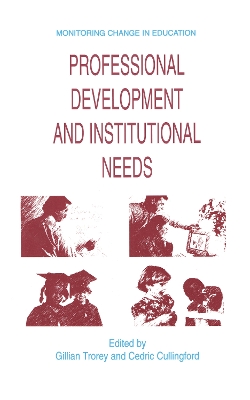Monitoring Change in Education
3 total works
Computers, Schools and Students
by Professor Cedric Cullingford and Nusrat Haq
How have schools been affected by the introduction of computer technology, and has it changed the school life and experience of students? This book uses research from both large and small secondary schools, including those specializing in technology and those with higher numbers of pupils with special needs, to look at the results of all the political initiatives and investment in ICT. The authors found that the ambitious expectations fell short of reality. Their research into the reasons for this shortfall can help teachers understand and develop ways to make the best use of computers in their schools. It is equally informative for educational researchers and policy-makers.
Globalization, European integration, and migration are challenging national identities and changing education across Europe. The nation-state no longer serves as the sole locus of civic participation and identity formation, ceasing to have the influence it once had over the implementation of policies.
Drawing on rich empirical data from four schools in Germany and Britain this groundbreaking book is the first study of its kind to examine how schools mediate government policies and create distinct educational contexts to shape youth identity negotiation and integration processes.
Negotiating Political Identities will appeal to educationists, sociologists and political scientists whose work concerns issues of migration, identity, citizenship and ethnicity. It will also be an invaluable source of evidence for policymakers and professionals concerned with balancing cultural diversity and social cohesion in such a way as to promote more inclusive citizenship and educational policies in multiethnic, multifaith schools.


